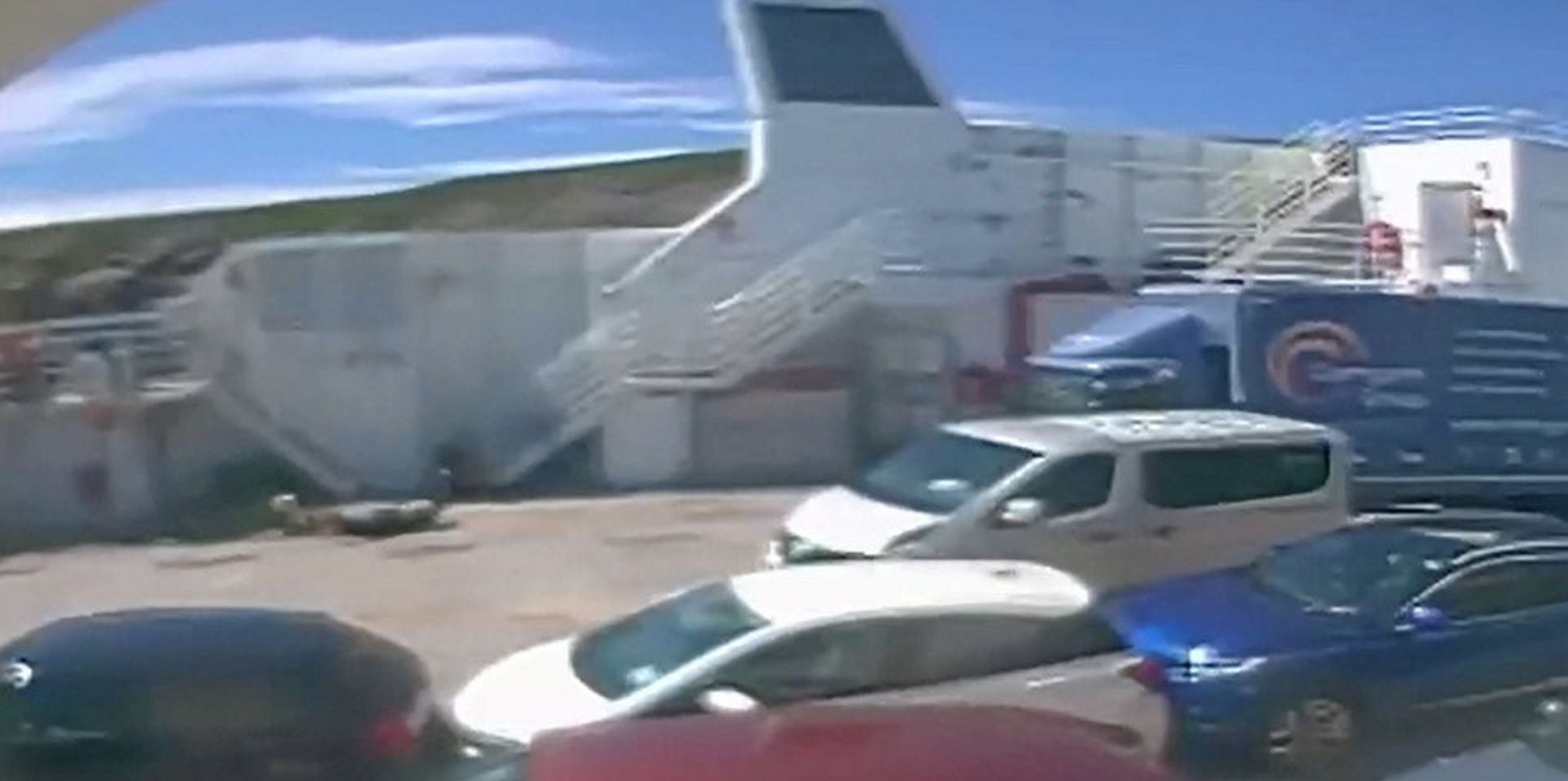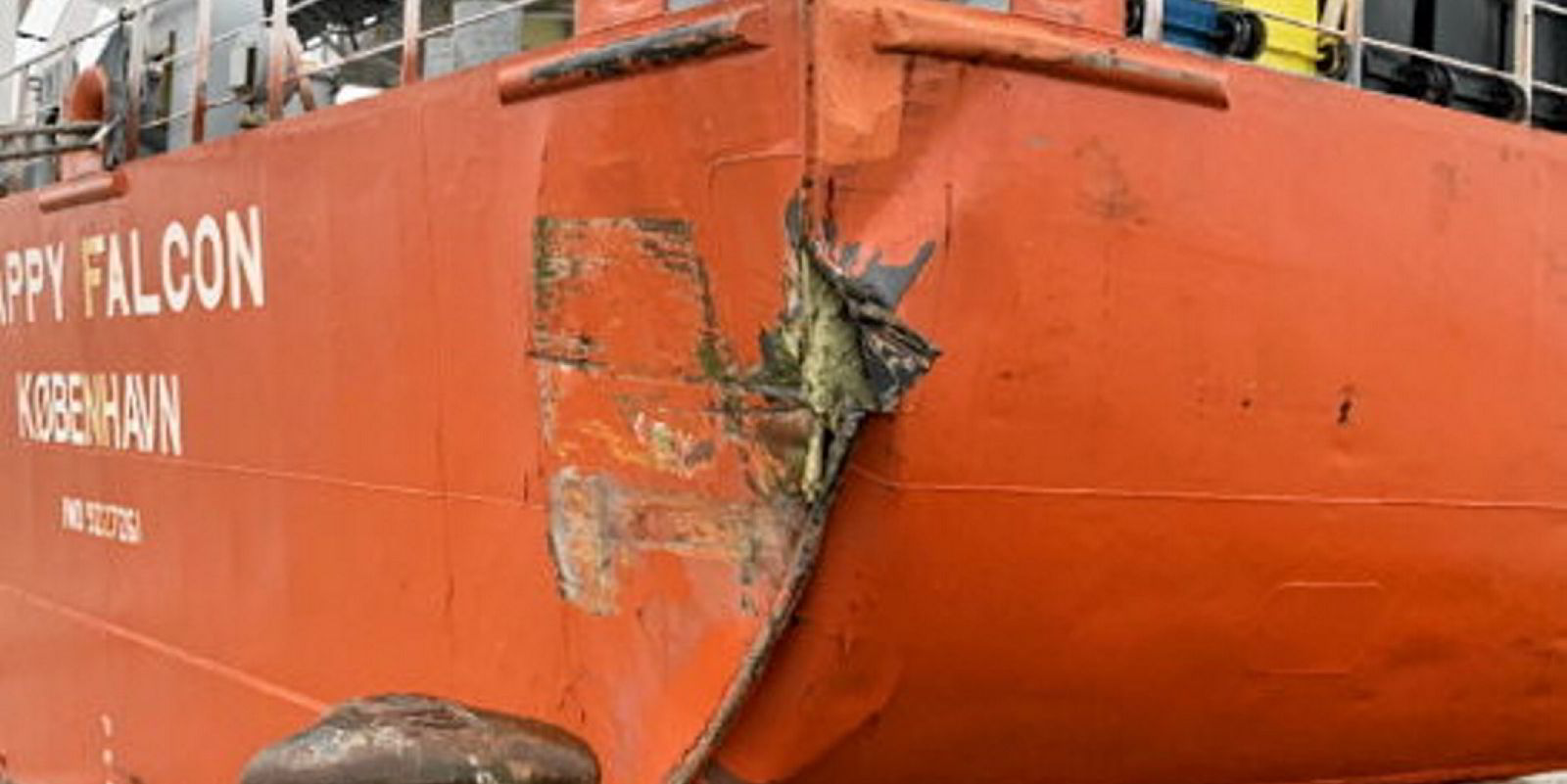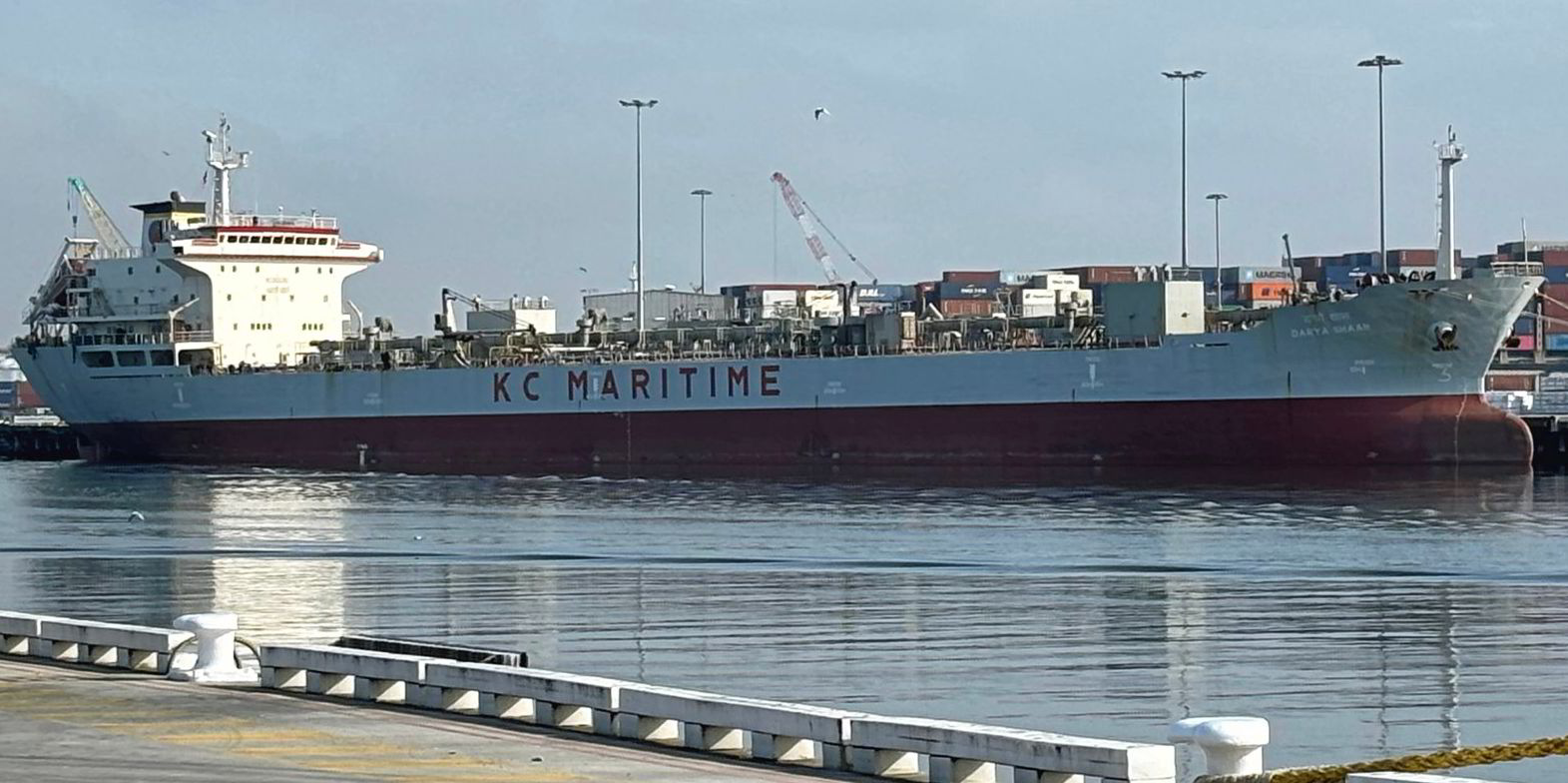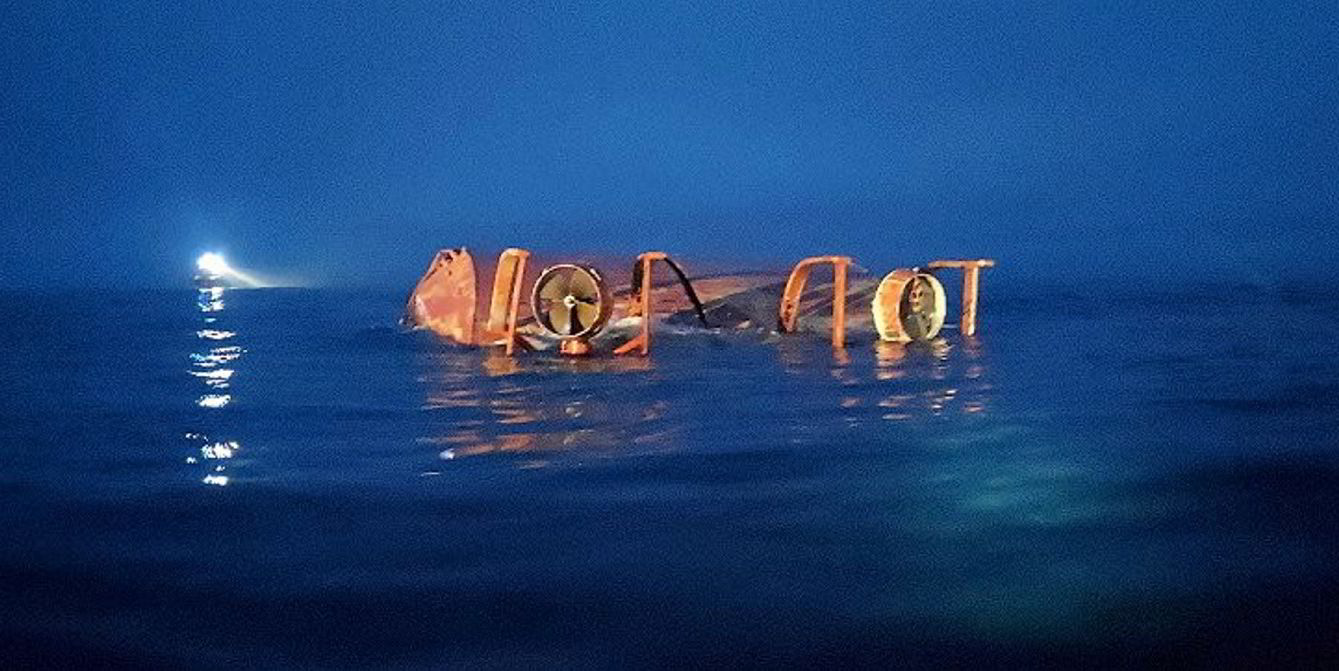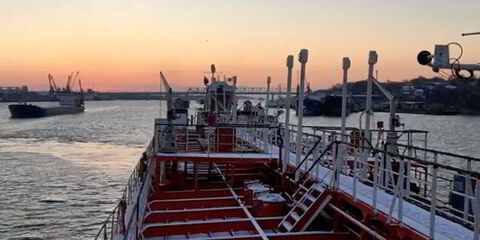A brief sleep by a ropax master ending in a grounding and injuries to 41 passengers and crew, a UK accident report has found.
Pentland Ferries’ 430-pax Alfred (built 2019) struck rocks at Swona Island, Scotland, at 13 knots on the afternoon of 5 July 2022.
The ship’s bulbous bow was damaged, as were almost all the vehicles on board, the Marine Accident Investigation Branch (MAIB) said.
CCTV footage from the deck showed two crew members being thrown to the ground as cars and vans careered backwards and forwards.
Other seafarers were sent somersaulting over benches.
Ten people sustained serious injuries that meant they were unable to work for 72 hours or more.
The vessel subsequently refloated on the rising tide and was withdrawn from service for repairs.
The investigation found the Alfred had routinely been passing too close to land and that fatigue led to loss of awareness at a critical point in the voyage.
Andrew Moll, the UK’s chief inspector of marine accidents, said: “Lots of safety action has been taken as a result of this accident and I am encouraged by the actions taken by Pentland Ferries to address the issues raised in this report.
“However, this accident offers a wider opportunity for lessons to be learned across the maritime industry.”
Little margin for error
He said the master routinely operating very close to the coast left little margin for error.
“Regardless of the type of vessel you are operating, it is critical that a safe passage plan is made and that it is followed. Always allow sufficient sea room to enable action to be taken in good time if things are not going to plan,” Moll advised.
The report found the captain almost certainly fell asleep for about 70 seconds, allowing the ferry to swing towards land.
“Crew should always be sufficiently well-rested when coming on duty,” Moll said.
The master was very familiar with the route and had worked on the Alfred and its predecessor for more than 20 years, completing more than 20,000 trips between the north coast of Scotland and the Orkney Islands.
The master’s routine hours of work and rest complied with the Merchant Shipping (Hours of Work) Regulations 2002, the MAIB said.
His routine allowed him to rest while the vessel was in port and provided him with an uninterrupted 11 to 13-hour off-duty period overnight.
However, these regulations applied only when he was on board the vessel and did not prevent him joining the Alfred, from leave, after only five hours of sleep at home, the probe found.
This, occurring during the post-lunch danger period for the body’s circadian rhythm, combined with sitting on a bright, warm, sunlit bridge completing a familiar low-workload task, made the master susceptible to experiencing a short sleep.
“This could explain his late detection of the rapidly approaching shoreline and why there was insufficient time for him to take action to prevent the vessel grounding,” the report said.
No time to react
The captain became aware that the vessel was about to ground 20 seconds before impact. The bridge alarm was switched off.
“There was no opportunity to instruct everyone on board to brace for impact due to the master focusing on manoeuvring the vessel to prevent the grounding and the absence of a lookout on the bridge to assist him,” MAIB added.
Had such a warning been broadcast, it might have reduced the number and severity of the injuries, the report found.
“The master’s significant experience on the route and the highly repetitive nature of Alfred’s schedule …had probably desensitised him to the risks of transiting close to the shore,” it concluded.
